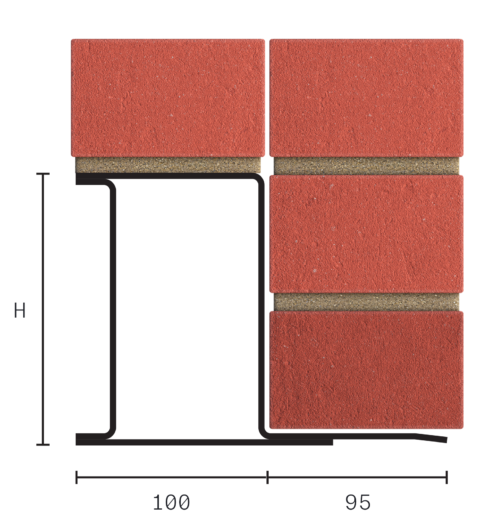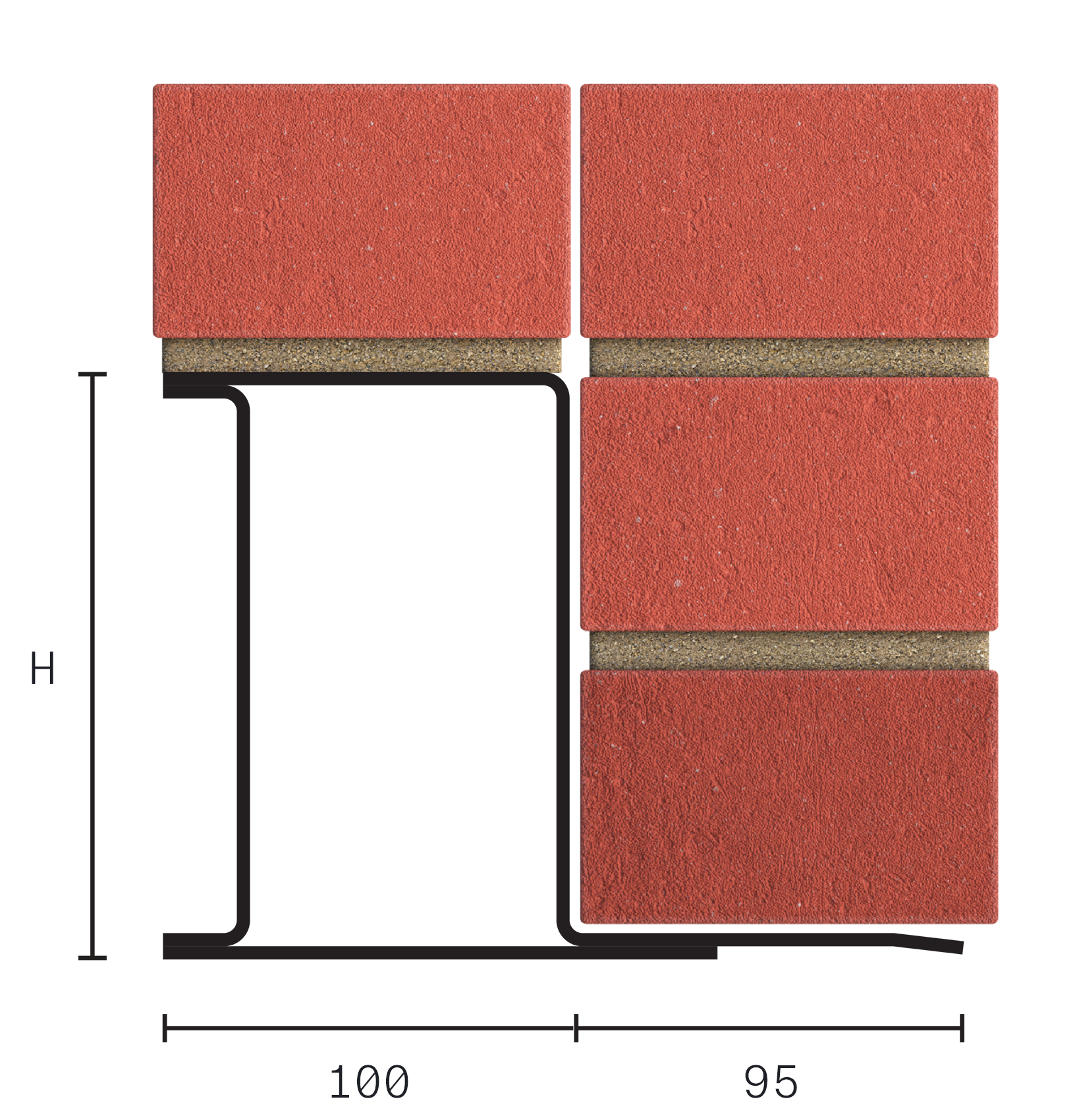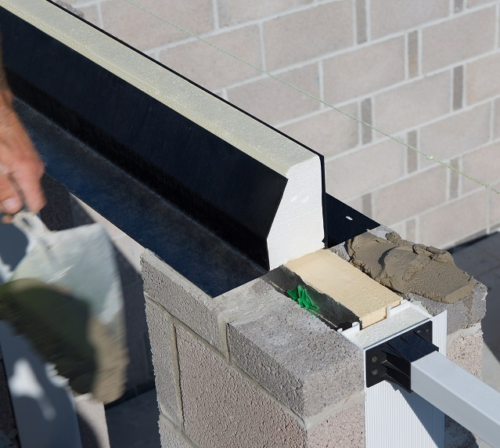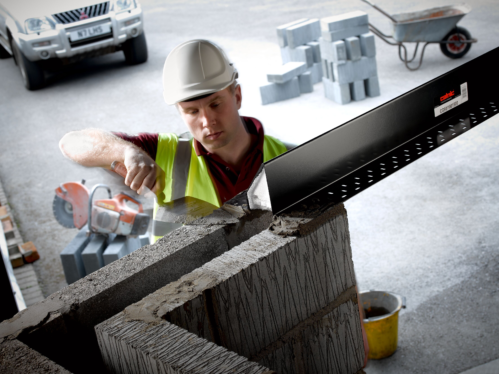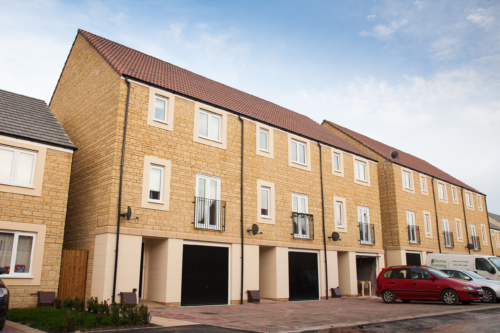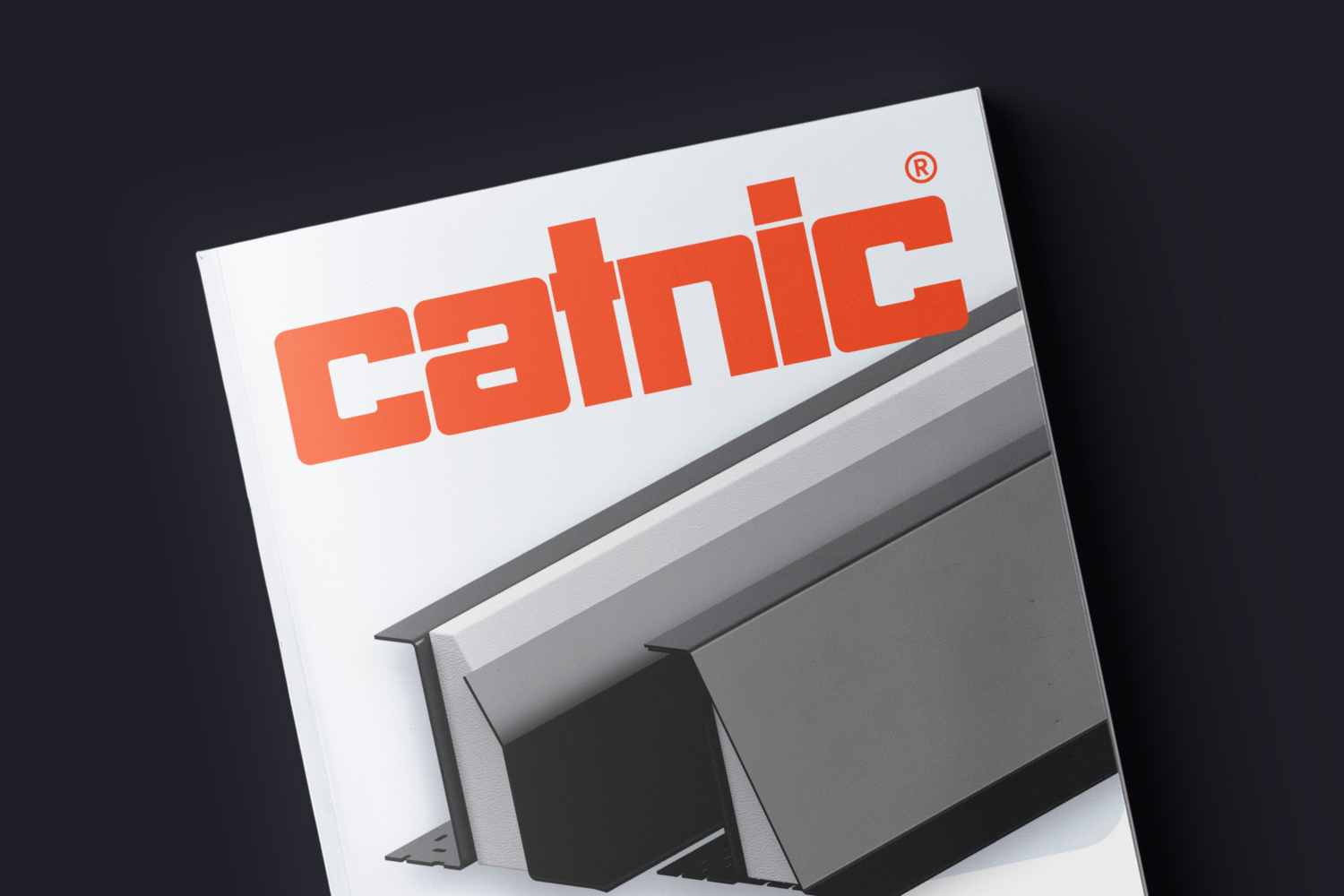-
Next day delivery availableAcross 100s of products
-
Over 200 products in stockVarious lengths and styles available
-
Responsibly sourced steelOnly lintel maker with BES6001 certification
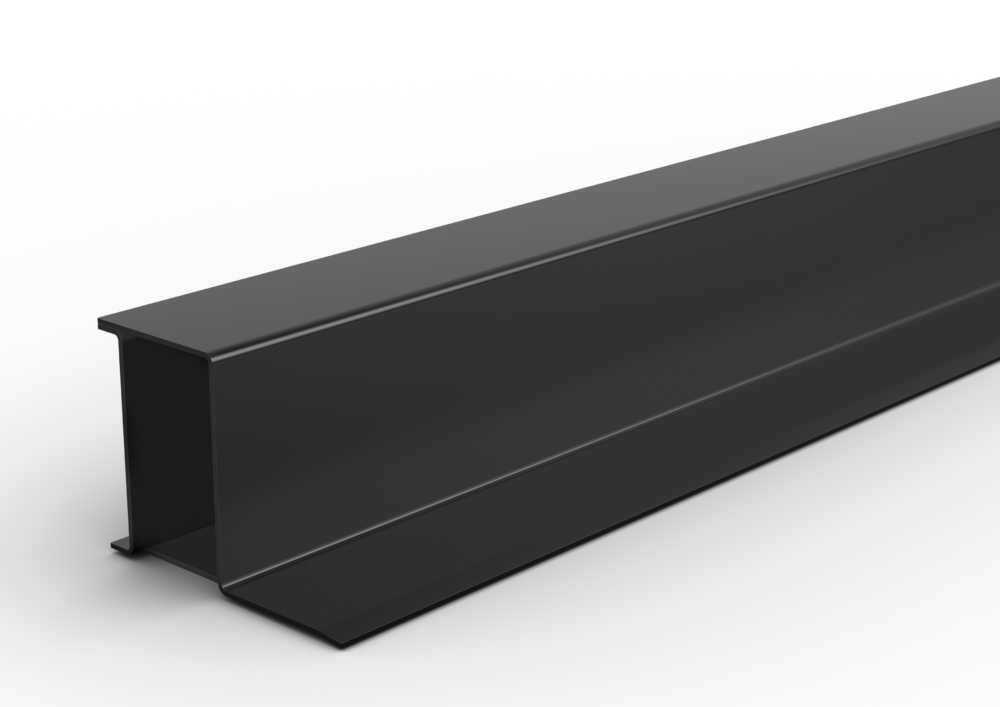
CN71A
- Standard - £50
- 3 - 5 days
- Next Day - £150
- Dependant on location
Overview
Product Information
- Wall Construction
- External Solid Wall
- Outer Leaf
- 200-215
- Cavity
- N/A
- Inner Leaf
- N/A
- Wall Width
- 200-215
- Loading Conditions
- Standard
Specification
| Product Code | Standard Length (mm) | SWL (kN) | Weight (kg) | Nominal Height (mm) | Price | ||
|---|---|---|---|---|---|---|---|
| CN71A0900 | 900 | 29 | 8.63 | 143 | £65.33 | ||
| CN71A1050 | 1050 | 29 | 10.07 | 143 | £76.09 | ||
| CN71A1200 | 1200 | 29 | 11.51 | 143 | £84.36 | ||
| CN71A1350 | 1350 | 29 | 12.95 | 143 | £97.6 | ||
| CN71A1500 | 1500 | 29 | 13.39 | 143 | £110.49 | ||
| CN71A1650 | 1650 | 27 | 15.82 | 143 | £121.92 | ||
| CN71A1800 | 1800 | 27 | 17.26 | 143 | £133.37 | ||
| CN71A1950 | 1950 | 27 | 18.70 | 143 | £137.38 | ||
| CN71A2100 | 2100 | 27 | 20.14 | 143 | £155.41 | ||
| CN71A2250 | 2250 | 20 | 21.57 | 143 | £181.99 | ||
| CN71A2400 | 2400 | 20 | 23.02 | 143 | £193.55 | ||
| CN71A2550 | 2550 | 20 | 24.45 | 143 | £200.05 | ||
| CN71A2700 | 2700 | 20 | 25.89 | 143 | £211.75 |
- The SWL (safe working load) is based on the total UDL (uniform distributed load) over maximum span using 150mm end bearings.
- Standard lengths are available in 150mm increments up to 3000mm length and 300mm increments at lengths above 3000mm.
Benefits
- Duplex Corrosion Protection
- Made in the UK for a lower carbon footprint and certified to BES 6001 Responsible Sourcing standard.
- Made using lower carbon manufacturing
- It is possible to reuse all of our lintels, providing that they are not damaged. Contact our technical team for more information
Features
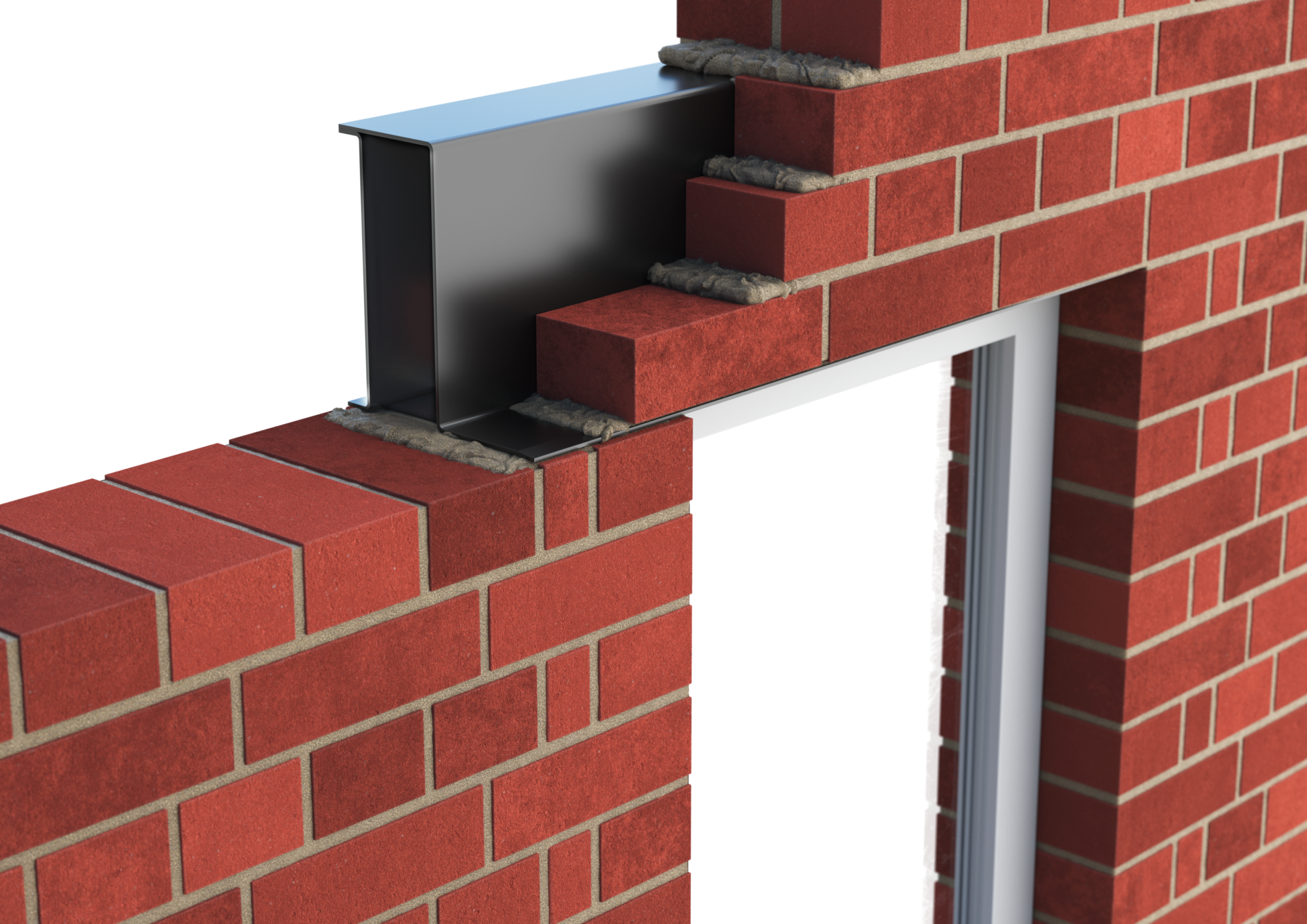
What our customers think
Video Guides
When selecting a lintel, there are three factors that should be considered to ensure the correct specification: the type of wall construction, the dimensions of the structural opening and the total load on the lintel. In this video, we run you through the lintel selection process.
Once you have chosen the correct lintel for your project, it is crucial that the lintel be installed properly – if it is not, it could lead to serious issues for the building. In this video, we explain the installation considerations for cavity wall lintels.
Catnic’s Thermally Broken Lintel is the only lintel on the market to provide a complete thermal break between the inner and outer leafs. In this video, we outline the key benefits of Thermally Broken Lintels and explain the installation process.
Steel lintels, and specifically Catnic's thermally broken lintels, have a significant role to play in reducing thermal bridging and achieving carbon gains. They represent one of the simplest and most economical ways for building fabric to be designed and constructed to help achieve the carbon gains necessary to meet current and future building regulations.

